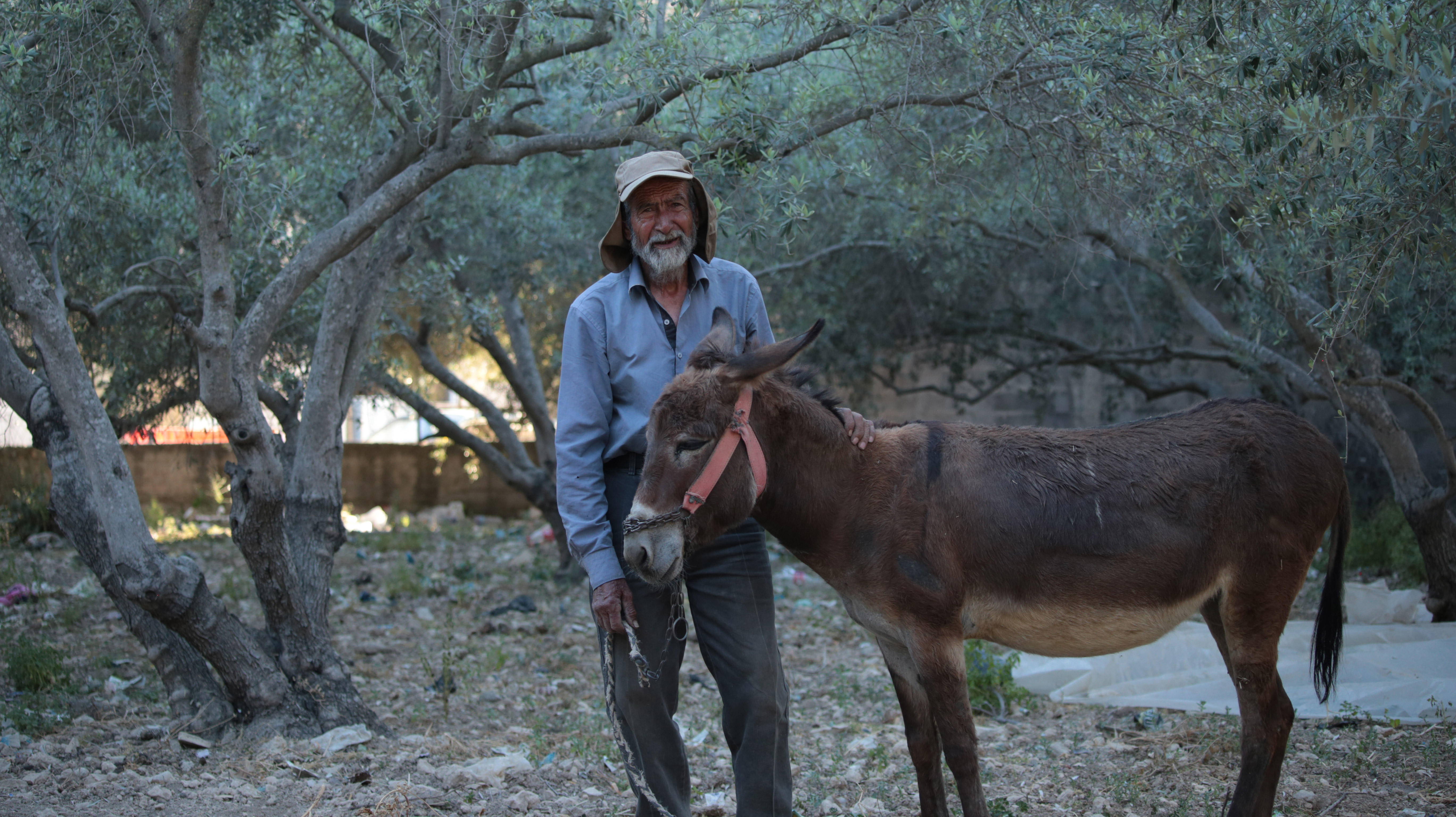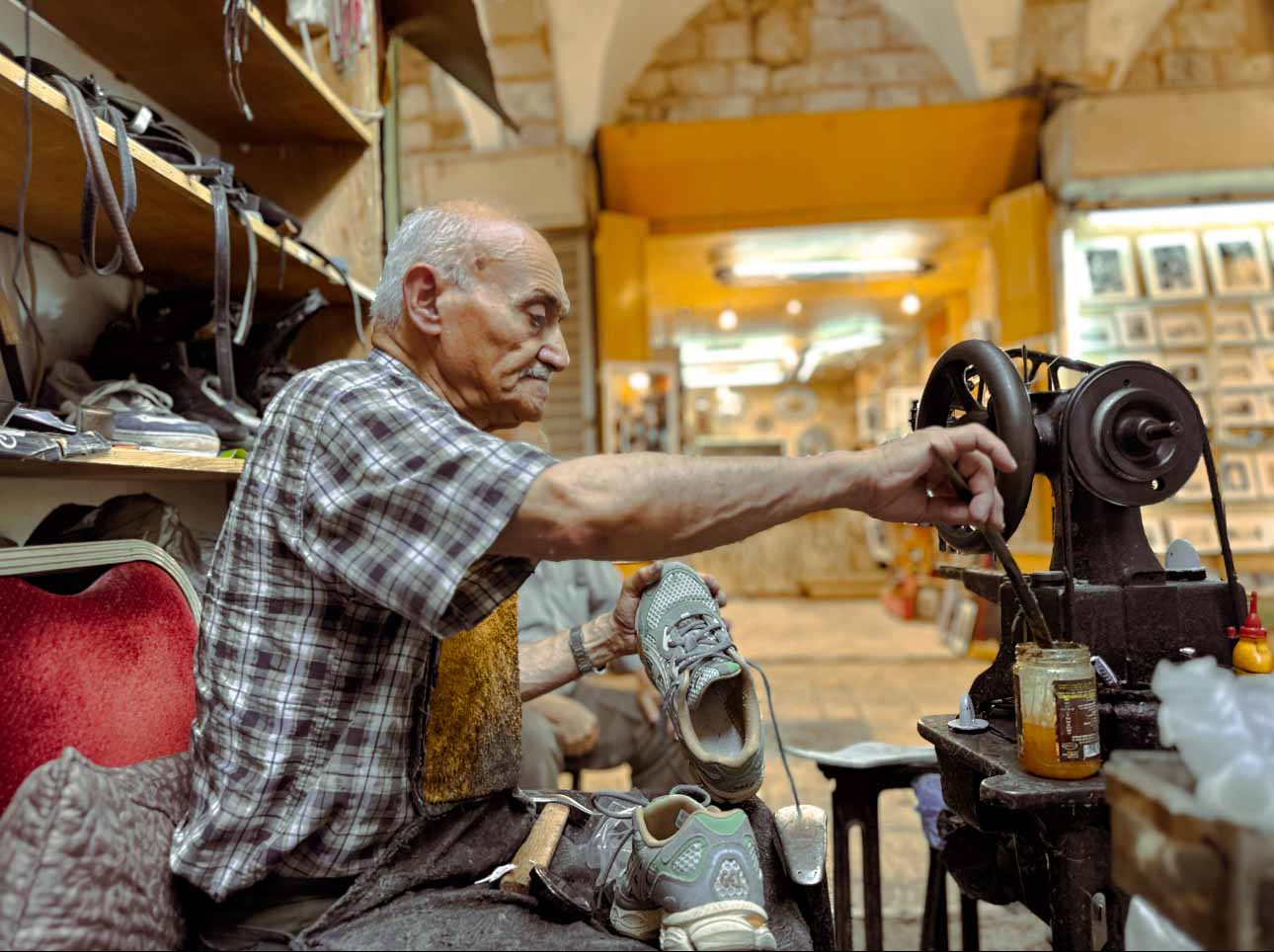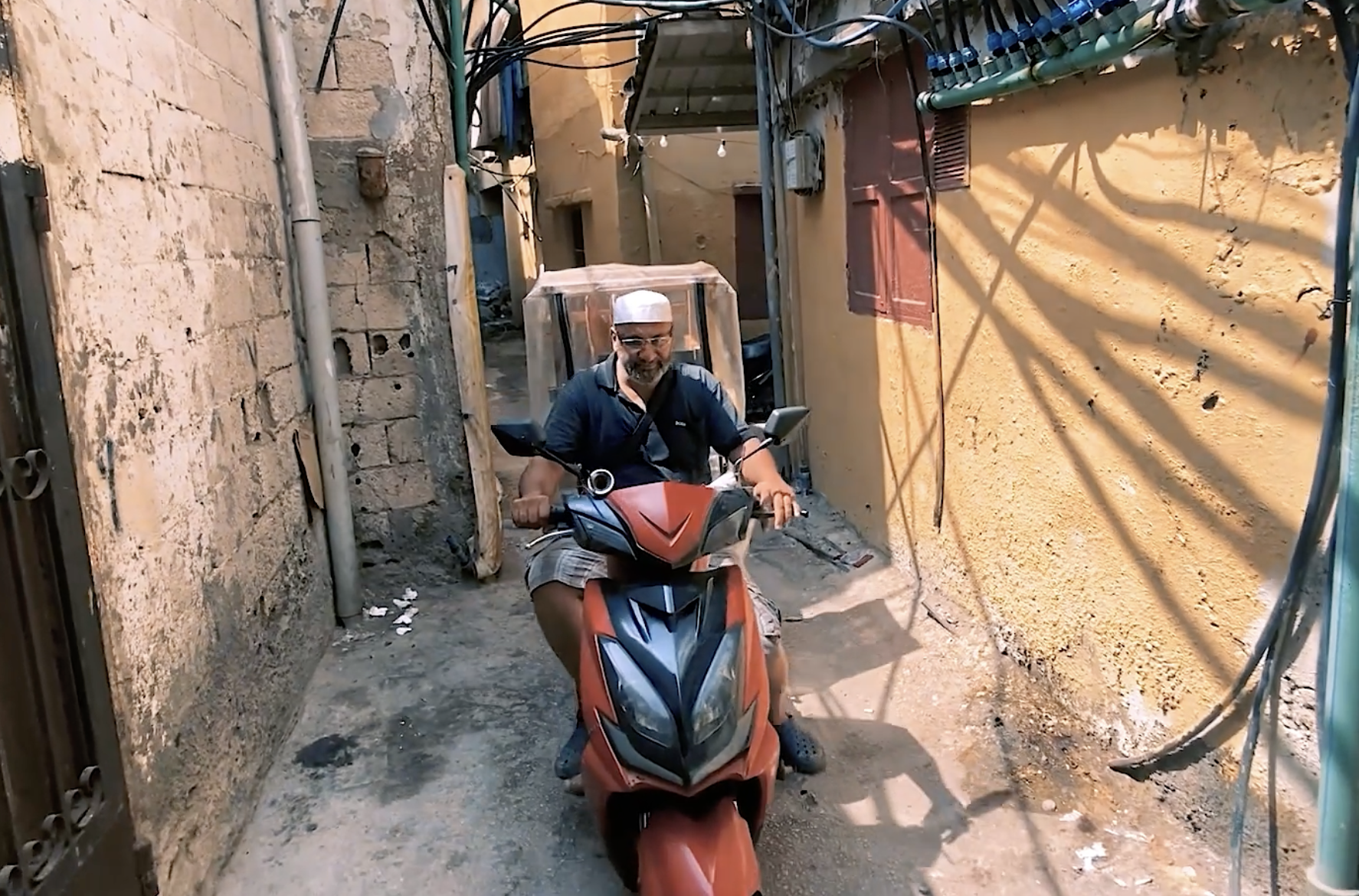A story written with fire and soil.
In Al-Yamoun, near Jenin, lives Abu Mohammad, a guardian of this tradition.
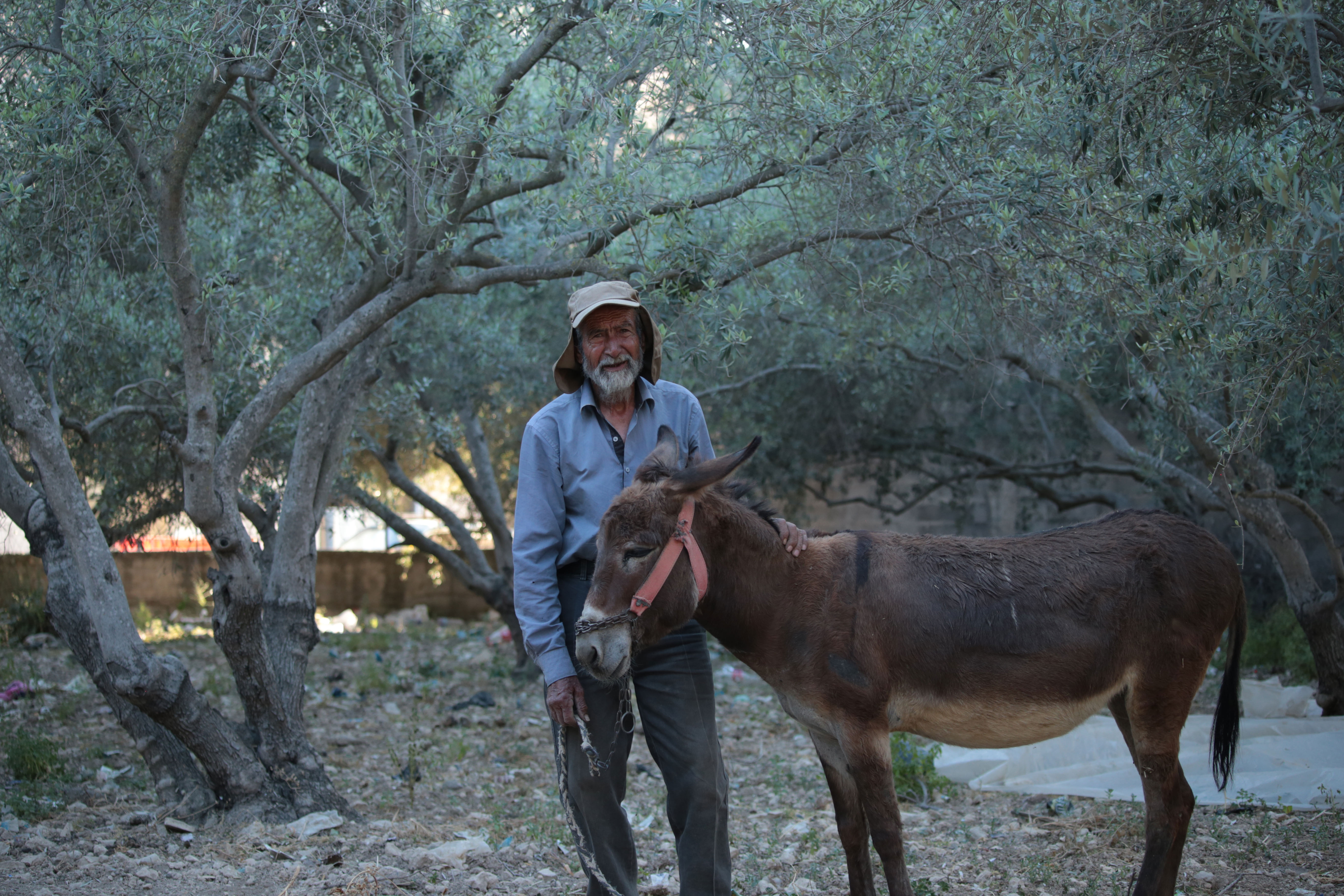
Every morning, he takes his donkey and heads to his land near the separation barrier.
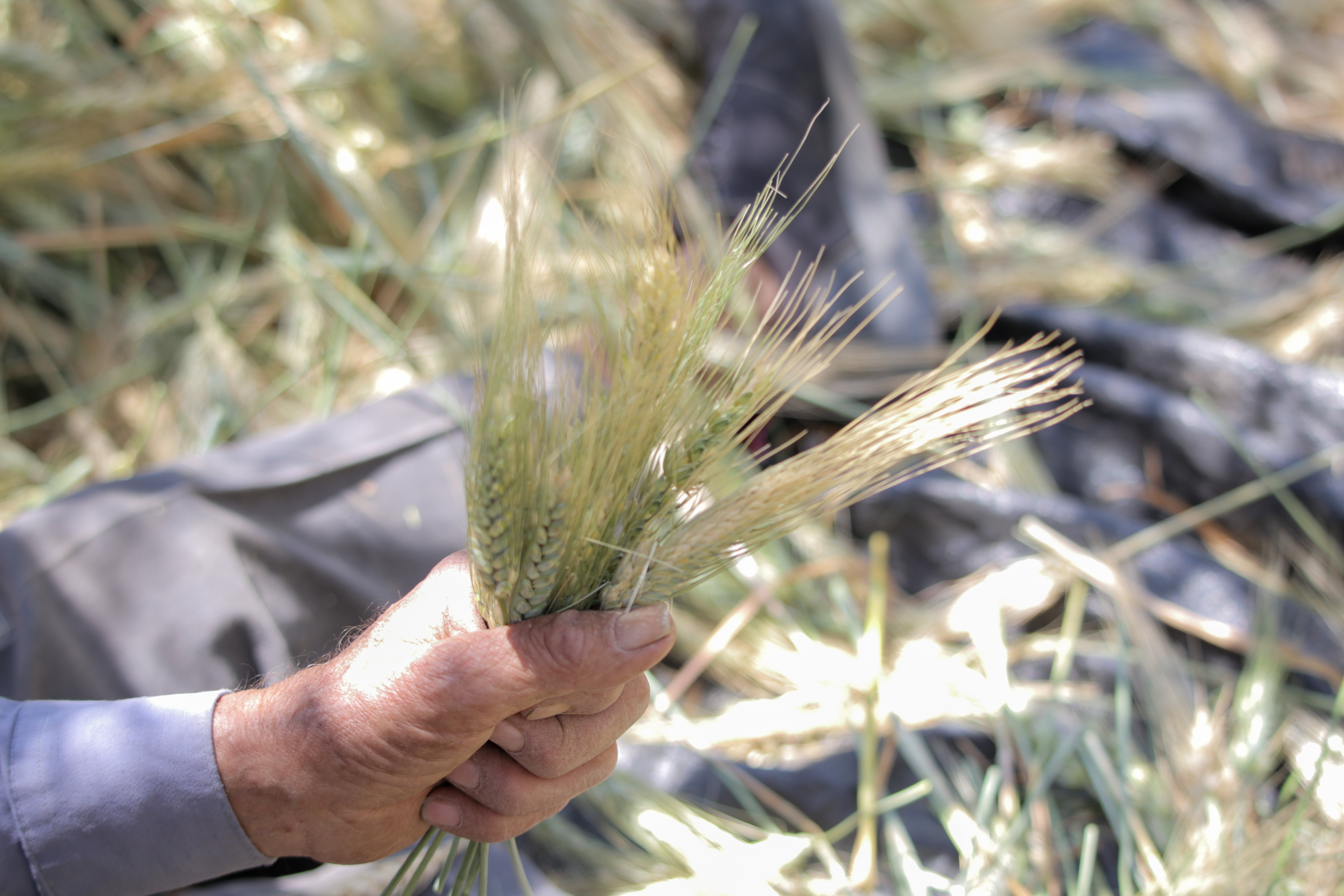
He doesn’t own a car, and he carries no machines, only memory, patience, and the determination to keep a part of Palestine alive.
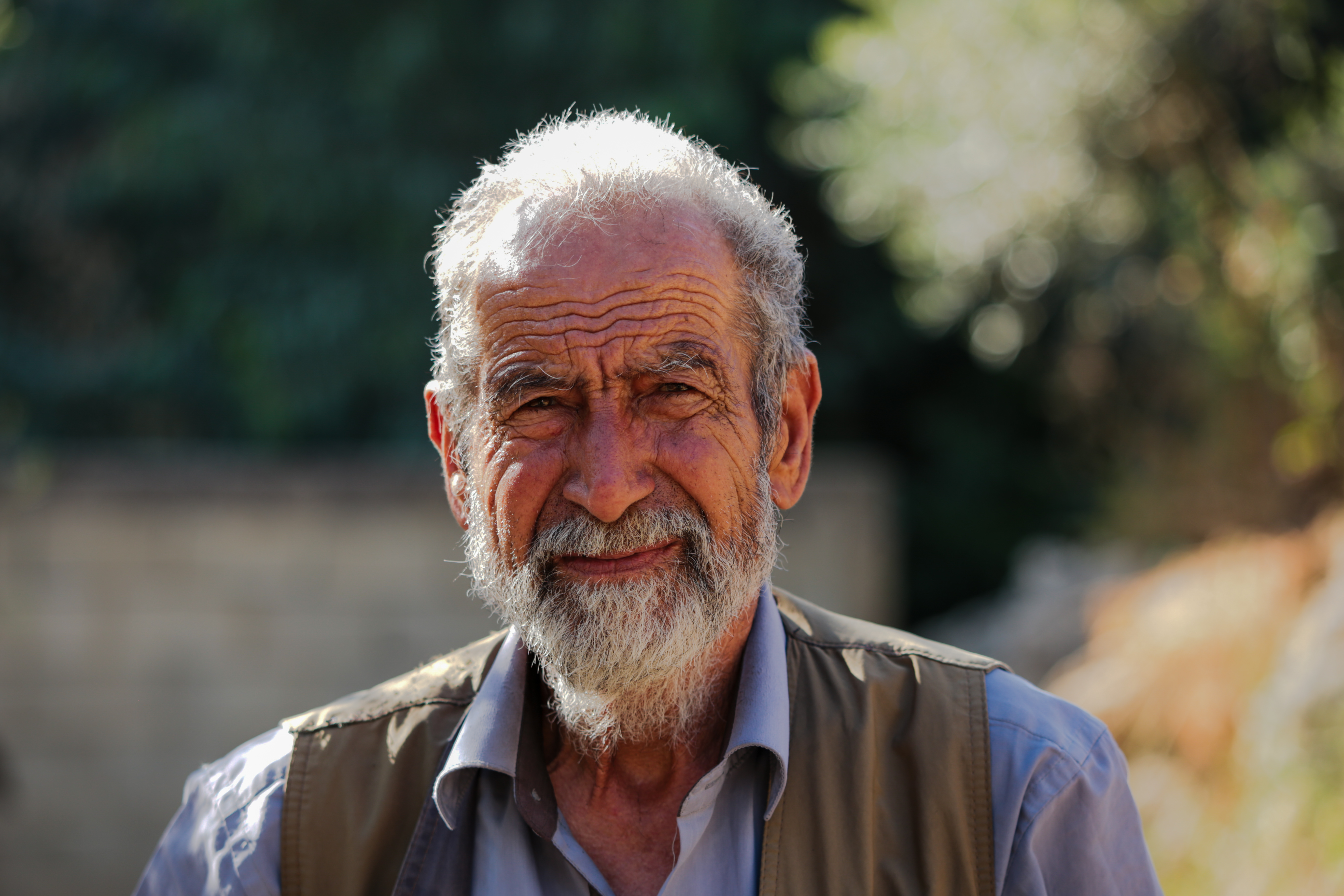
There, where wheat grows from the fertile land, he begins his daily journey of making freekeh ,the green grain that is harvested, roasted, and rubbed by pure hands, becoming food from the earth, as if it were a gift from heaven.
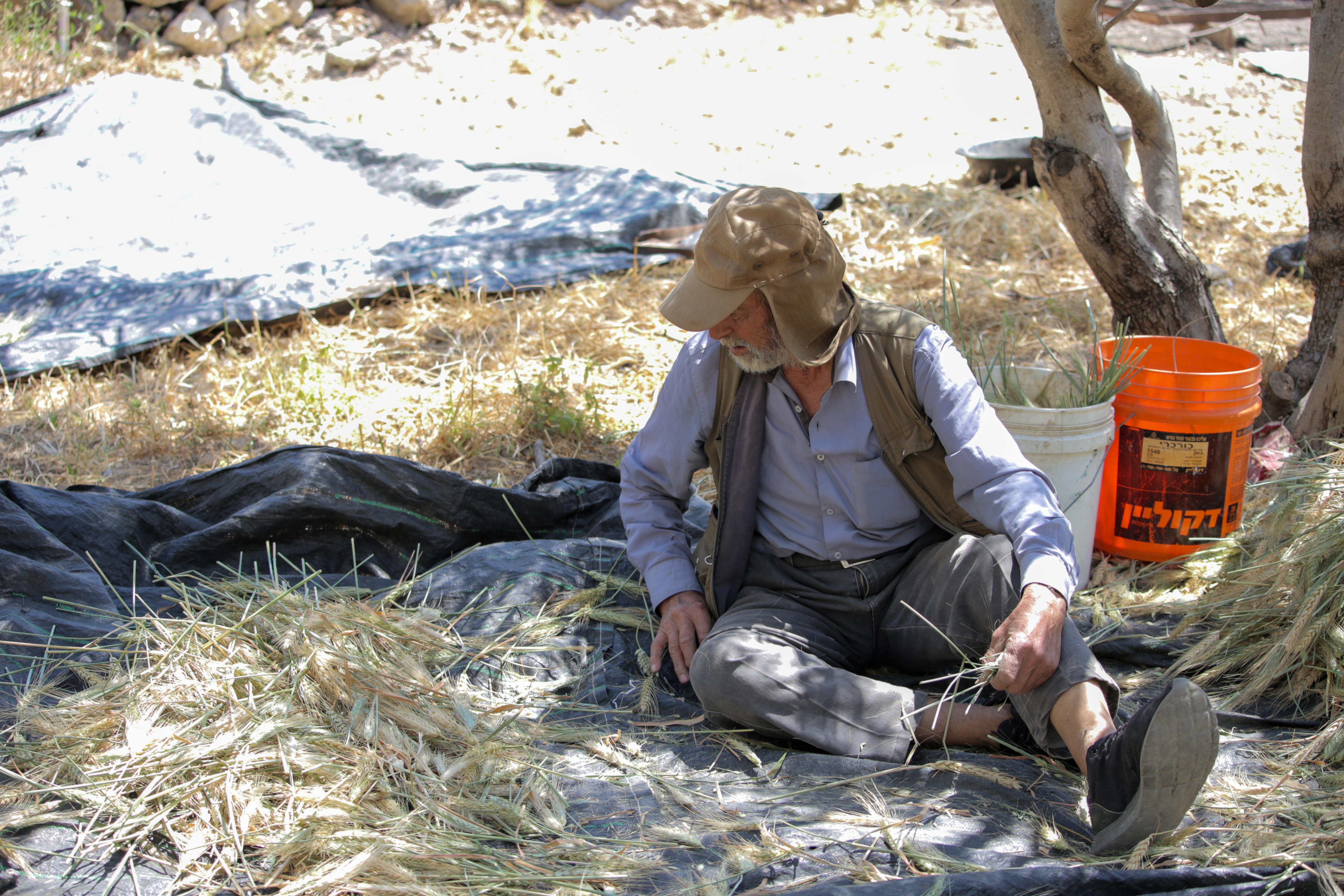
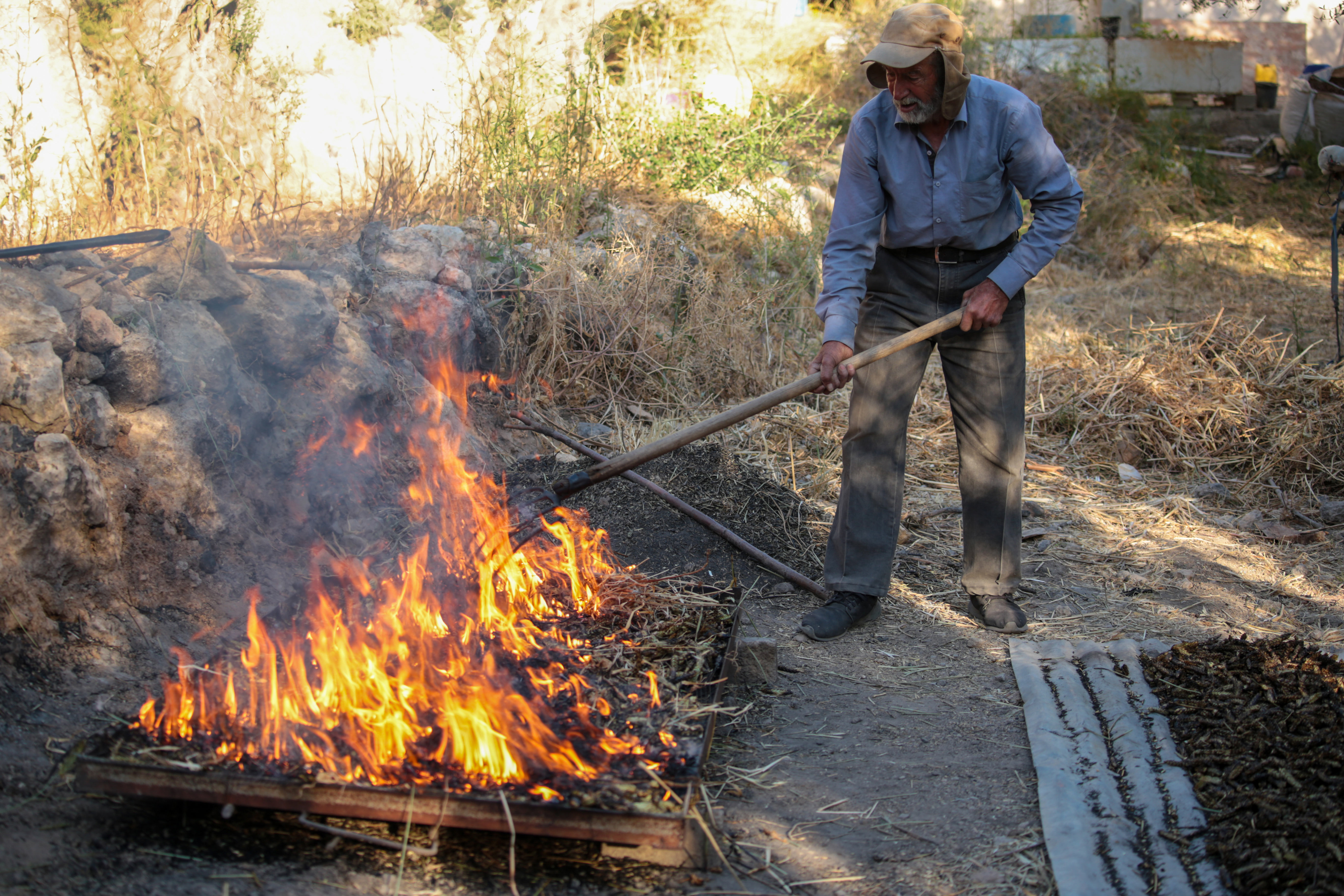
Freekeh is part of Palestinian heritage and is considered one of the oldest grains known to Palestinians. From it, some of the most delicious traditional dishes are made.
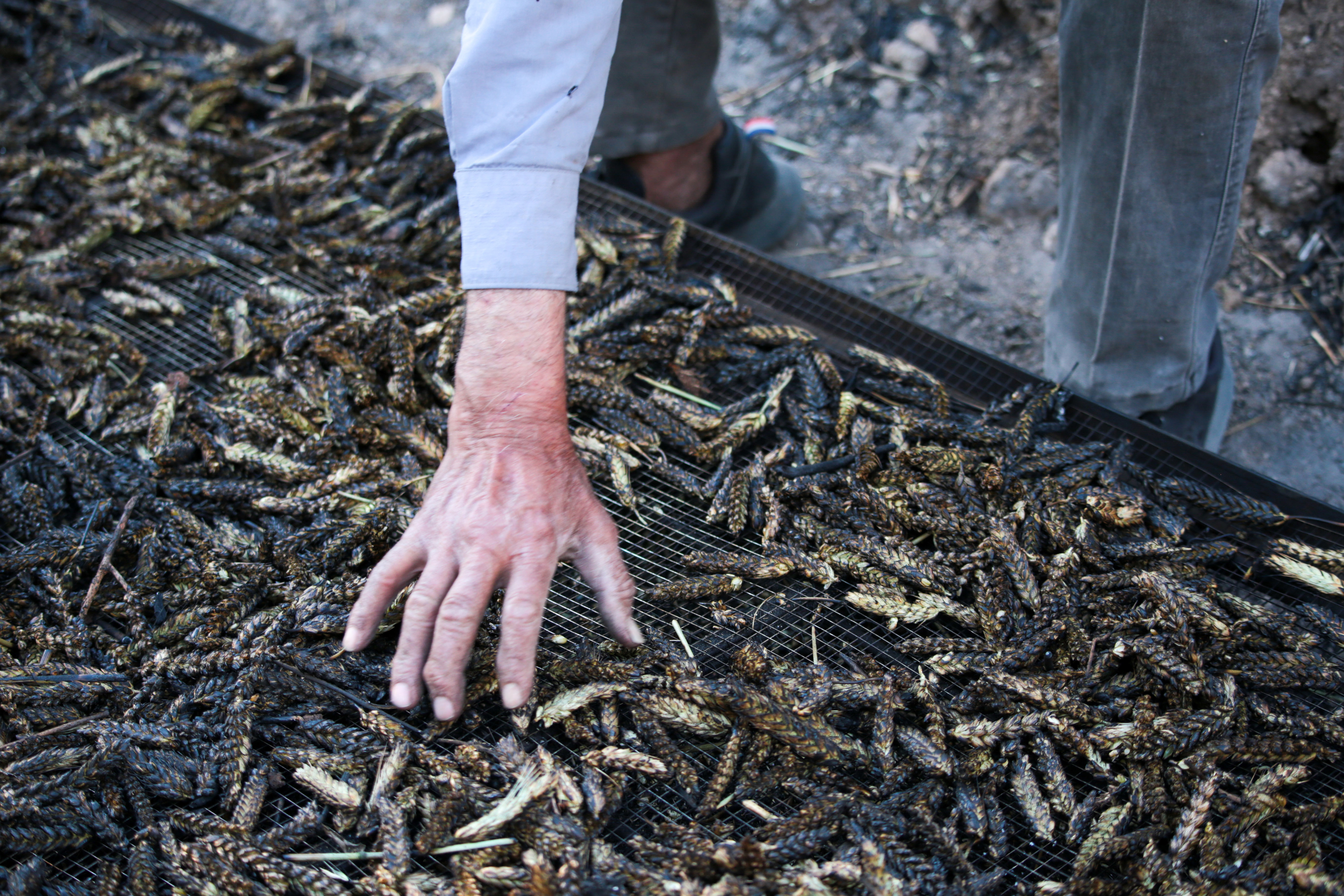
To Abu Mohammad, as to many Palestinians, freekeh is more than just food — it's a memory from the time of the grandparents, from tables once filled with abundance, and from a land that once yielded without fear.
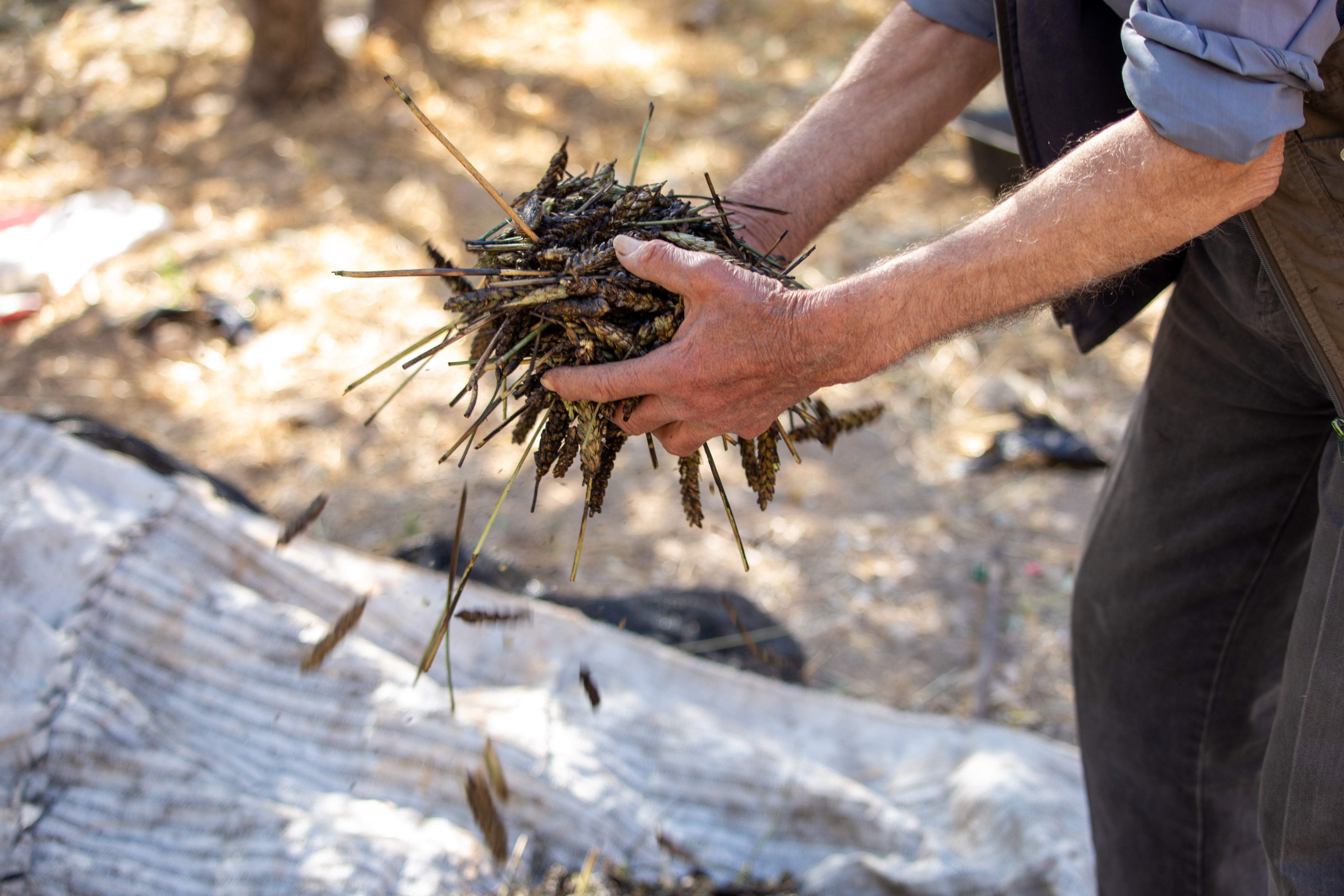
But in Palestine, making freekeh is not easy.
During the harvest, the eyes of the occupation watch from behind the separation barrier
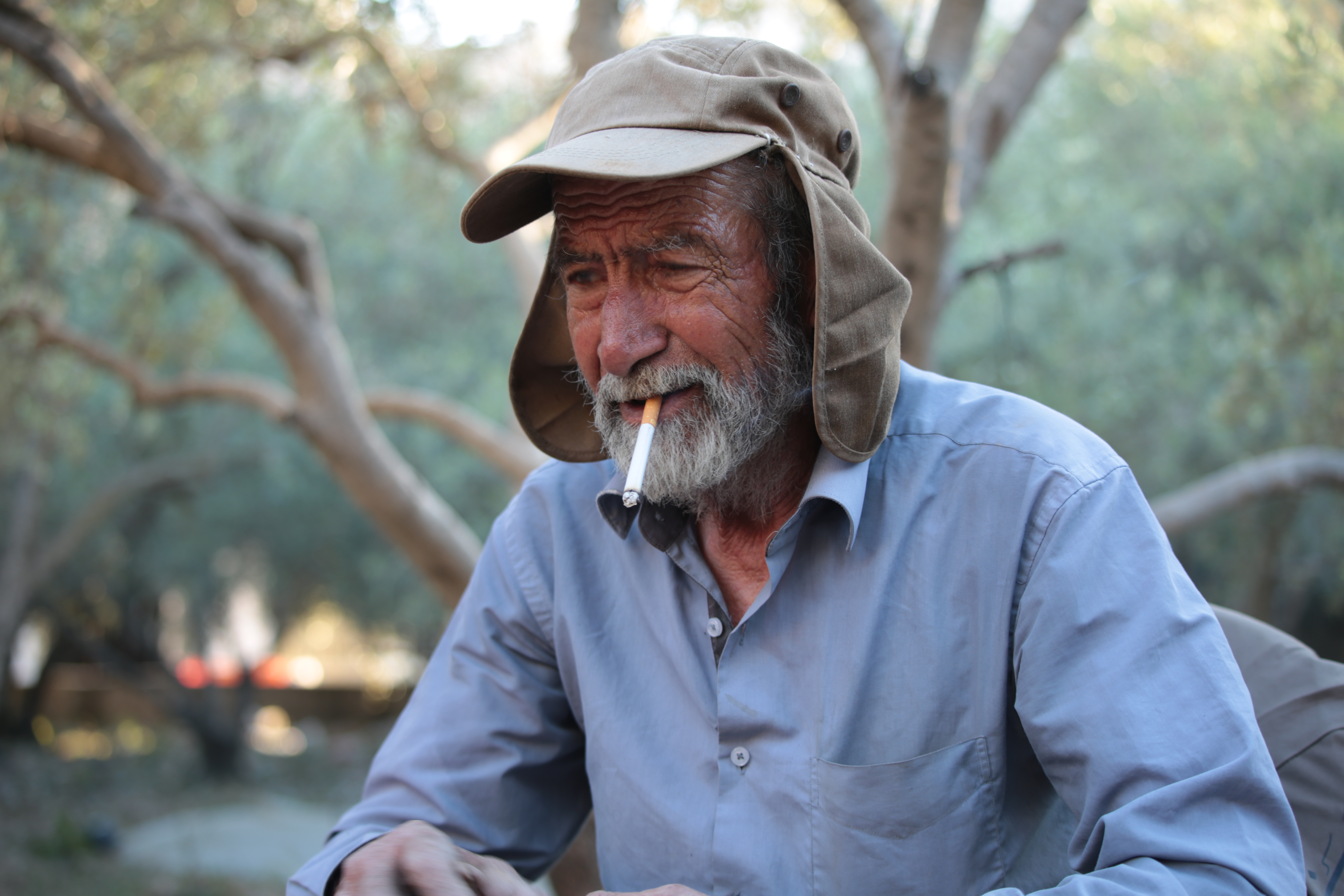
They don’t just seize the land, they release wild boars into the fields to destroy the crops and threaten the farmers' livelihoods.
Still, Abu Mohammad returns every single day.
He harvests, roasts, and rubs, because freekeh is not just a meal. It is a story, told with fire and soil, and with the patience of the Palestinian farmer.


